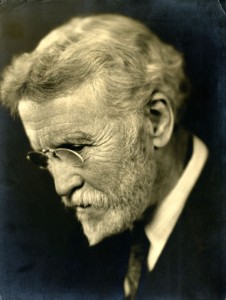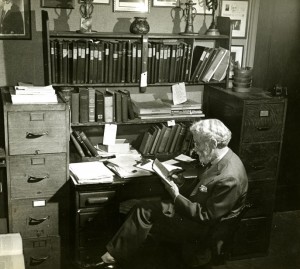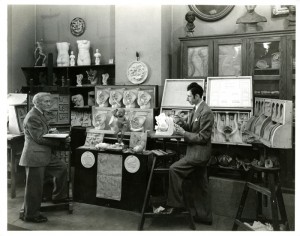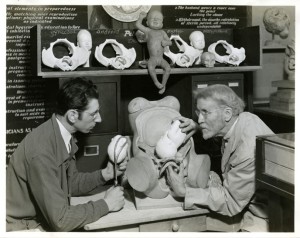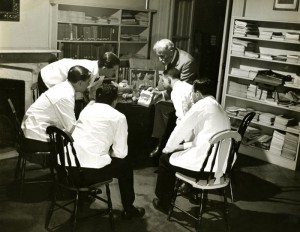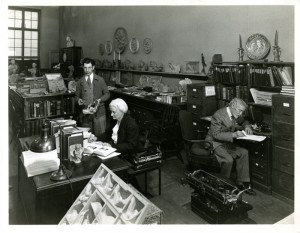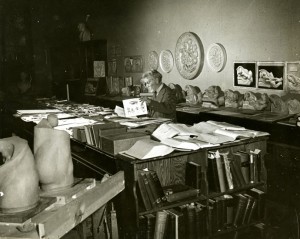Apply Now for a 2019-2020 Boston Medical Library Fellowship!
Since 2003, the Boston Medical Library (BML) in the Francis A. Countway Library of Medicine has sponsored annual fellowships supporting research in the history of medicine using Center for the History of Medicine collections. BML Fellowships in the History of Medicine at the Countway provide stipends of up to $5,000 to support travel, lodging, and incidental expenses for a flexible period between July 1, 2019 and June 30, 2020. Besides conducting research, the fellow will submit a report on the results of his/her residency and may be asked to present a seminar or lecture at the Countway Library.

Engraving of an apothecary in Das Buch der Cirurgia (Strassburg, 4 July 1497). Boston Medical Library Rare Books Collection (Ballard 233).
The collections of the Center for the History of Medicine enable researchers to contextualize, understand, and contribute to the history of human health care, scientific medical development, and public health; they eflect nearly every medical and public health discipline, including anatomy, anesthesiology, cardiology, dentistry, internal medicine, medical jurisprudence, neurology, obstetrics and gynecology, pharmacy and pharmacology, psychiatry and psychology, and surgery, as well as variety of popular medicine topics and public health subjects such as industrial hygiene, nutrition, and tropical medicine. The Center serves as the institutional archives for the Harvard Medical School, Harvard School of Dental Medicine, and the Harvard School of Public Health, and is home to the Warren Anatomical Museum, which includes anatomical artifacts, pathological specimens, instruments, and other objects. Through the Center, researchers have the opportunity to use the rich historical resources of both the Harvard Medical Library and Boston Medical Library. For more information, visit https://www.countway.harvard.edu/center-history-medicine/collections.
Fellowship proposals (no more than 5 pages) should describe the research project and demonstrate that the Countway Library has resources central to the research topic.
Applications should include:
- CV
- Length of visit
- Proposed budget and budget breakdown (travel, lodging, incidentals)
- Two letters of recommendation are also required
Application deadline is Friday, March 29th.
Electronic submissions of materials may be sent to: chm@hms.harvard.edu
Boston Medical Library Fellowships
Center for the History of Medicine
Francis A. Countway Library of Medicine
10 Shattuck Street
Boston, MA 02115.
Please see our website for more information and details about previous research recipients. Awards will be announced in early May.
